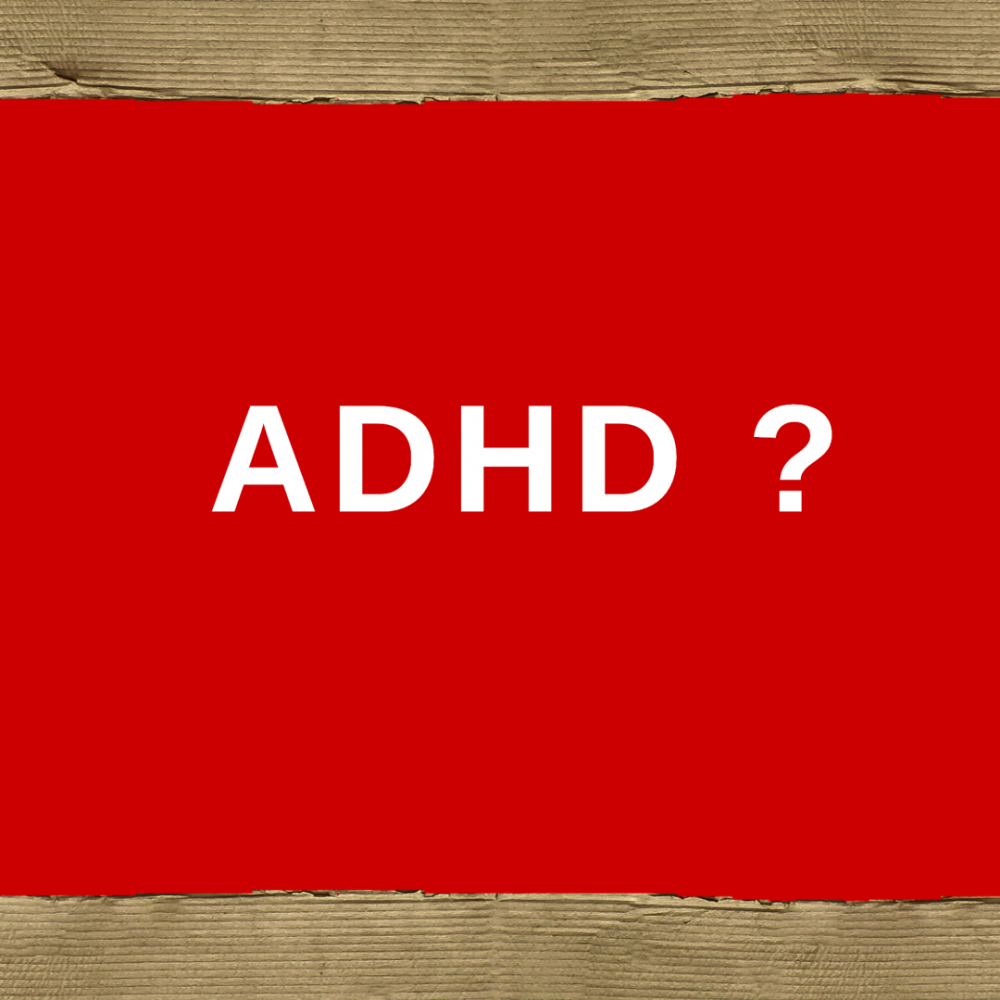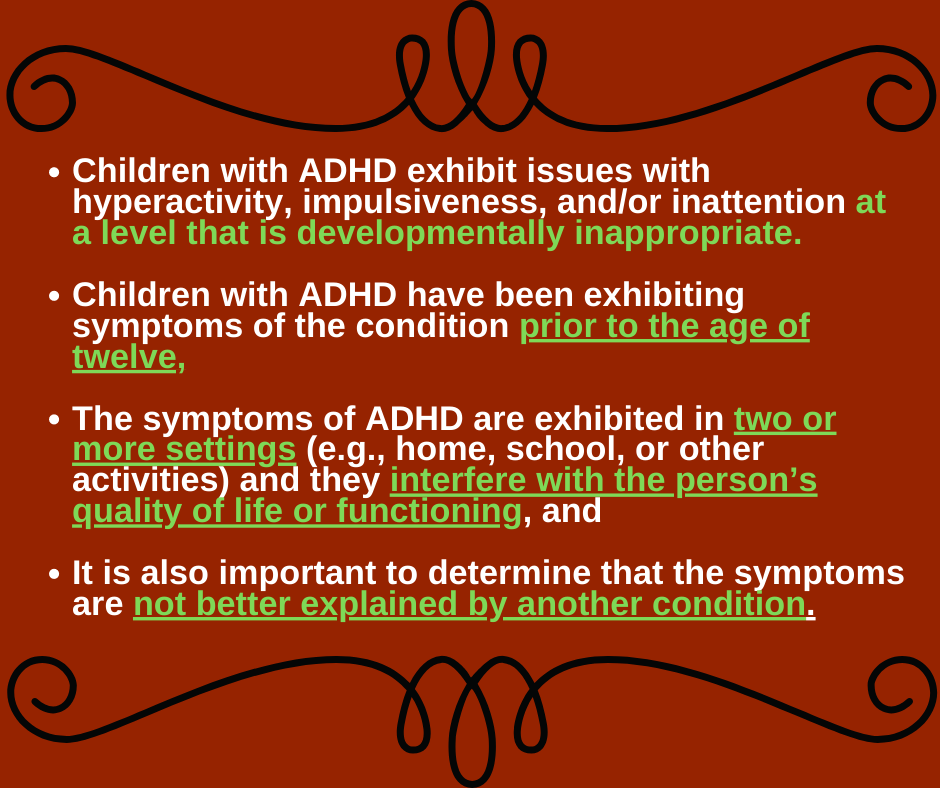An Overview of ADHD

Dr. Stewart Pisecco is a licensed psychologist who began his career at the University of Houston where he was a tenured Professor in the Department of Educational Psychology. His research and instruction focused on the assessment and treatment of ADHD, behavioral problems, and reading difficulties. He is also a former Fulbright Research Scholar. His research has been published in academic journals including the Journal of American Academy of Child and Adolescent Psychiatry, Journal of Clinical Child Psychology, and Journal of Learning Disabilities. He has consulted with many of the countries largest school systems on issues related to ADHD, reading difficulties, and mental health.

An Overview of ADHD
As a parent of two children, I know that one of the most heart-breaking experiences is seeing your child struggle. When it comes to academic struggles, we often think that the problem is caused by the child not working hard enough. So, what do we do? We increase the pressure on the child, or we try to find other ways to motivate him or her. At times that strategy pays off and we see the better effort and better outcomes. Other times it doesn’t work. And it is in those moments that we come to the realization that we need to get our child some support. While getting your child enrolled in the Reading Ranch’s academic programs will often lead to improved academic performance, there are times when a child continues to struggle.
One of the most common reasons why a child may continue to struggle is that there could be other issues impacting your child’s learning experience, such as Attention Deficit Hyperactivity Disorder (ADHD). ADHD is one of the most common childhood conditions affecting more than 6 million children in the United States. Children with ADHD tend to struggle with attentional issues, seem like they are always on the go, and tend to act in impulsive ways. One of the confusing things about ADHD is that the condition may vary. Some children will exhibit all three behaviors (inattention, hyperactivity, and impulsiveness; Combined Presentation), while others may just struggle with paying attention (Inattentive Presentation), and a smaller subset will primarily struggle with hyperactivity and impulsiveness (Hyperactive-Impulsive Presentation). As an aside, children who may have been identified with Attention Deficit Disorder (ADD) in the past are now referred to as having ADHD with Inattentive Presentation.
What does ADHD “look like?”
One of the most common questions I get when talking to parents about ADHD is, “Isn’t it true that every kid is inattentive, hyper, or impulsive from time to time?” The truth is that everyone, not just kids, struggles with attention, fidgets, or acts impulsively from time to time. However, there are some important distinctions between people with ADHD and those without ADHD.
- Children with ADHD exhibit issues with hyperactivity, impulsiveness, and/or inattention at a level that is developmentally inappropriate.
- Children with ADHD have been exhibiting symptoms of the condition prior to the age of twelve,
- The symptoms of ADHD are exhibited in two or more settings (e.g., home, school, or other activities) and they interfere with the person’s quality of life or functioning, and
- It is also important to determine that the symptoms are not better explained by another condition.
I highlighted certain sections from above because they are points that professionals have to consider when distinguishing between ADHD and what I refer to as “ADHD-like behaviors”. For example, the core symptoms of ADHD can be caused by other conditions which should be considered when evaluating a child for ADHD. It is also true that “ADHD-like behaviors” may appear in one environment (e.g., school) but not others. In contrast, children with ADHD will exhibit the symptoms across settings and activities (e.g., school and home). We also find that the symptoms of ADHD don’t suddenly appear or just start to happen. Rather, there is usually a history of reports from others like teachers about the struggles with core symptoms of ADHD. And finally, the first point from our list is the key to answering the question, “Isn’t it true that every kid is inattentive, hyper, or impulsive from time to time?” Children with ADHD exhibit symptoms at a level that is developmentally inappropriate.
To help answer the question about whether a behavior is developmentally appropriate, researchers have developed a series of questionnaires that have been given to thousands of parents and teachers of all different types of children. The result is a suite of very useful assessment tools that help professionals determine whether your child’s behavior is or isn’t typical for his or her age.
Tools and Help Are Available
As you may get the sense by now, identifying ADHD can be tricky. But we have the tools and experience to distinguish between a child with ADHD versus one who may be exhibiting “ADHD-like behaviors”. If you are concerned that your child’s struggles may be the result of ADHD, getting an assessment done is important so we can design an appropriate support plan for your child. The good news is that after decades of research we know how to better support children with ADHD.

